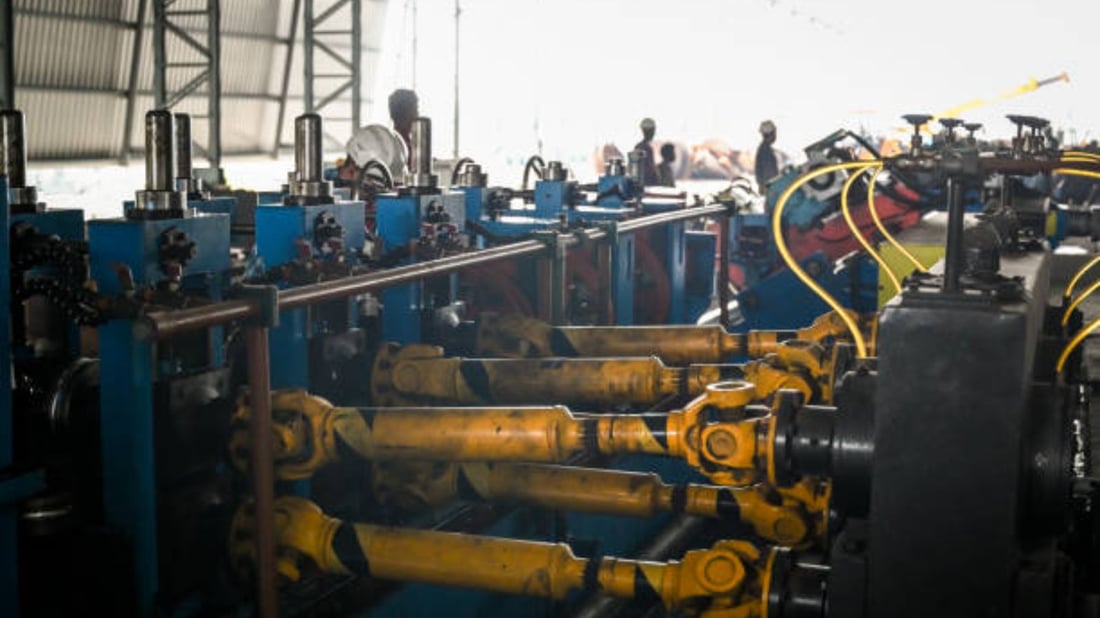What is a Gear Pump?
A gear pump is a type of positive displacement pump that works by transferring a fixed amount of fluids by trapping it between the meshing teeth of two gears and then forcing it to the outlet port.
Factors to Consider in gear pump selection
Selecting the right gear pump is crucial in achieving optimal pumping performance. Here are important factors to consider when making a gear pump selection:
Flow rate and pressure requirements
The flow rate and pressure requirements of the fluid being pumped are essential in choosing the appropriate gear pump. Choosing a pump with a higher pressure rating than necessary can lead to unnecessary wear and tear on the pump and waste energy.
Viscosity of the fluid
The viscosity of the fluid being pumped must also be considered. High viscosity fluids require a pump that can handle the added resistance of the fluid, while low viscosity fluids need a pump with tighter tolerances to prevent leakage.
Temperature of the fluid
The temperature of the fluid being pumped affects the efficiency and service life of the gear pump. Choose a pump that can handle the temperature of the fluid being pumped to avoid damage or premature failure.
Chemical compatibility
Ensure that the gear pump chosen is compatible with the fluid being pumped. Some fluids may be corrosive or abrasive and require specialized materials or coatings to prevent wear and damage to the pump.
Mounting and space requirements
Consider the available space and mounting requirements of the pump when choosing a gear pump. Ensure that the pump can be easily installed and maintained.
Cooling and lubrication requirements
Some gear pumps require cooling or lubrication to operate efficiently and prevent damage. Assess the cooling and lubrication requirements of the pump to avoid costly damage or downtime.
Budget and maintenance costs
Budget is an important consideration in gear pump selection. Choose a pump that meets technical requirements while also being cost-effective in terms of maintenance, repair, and replacement costs.
Noise and vibration levels
Ensure that the gear pump chosen produces acceptable noise and vibration levels that comply with local regulations and guarantee a safe operating environment.
Manufacturer's reputation and support
The reputation of the manufacturer and their ability to provide technical support, troubleshooting guidance, and after-sales service are important to avoid unexpected failures and ensure optimal performance of the gear pump.
Conclusion
Gear pump selection requires careful consideration of many factors, including pressure and flow rate requirements, viscosity and temperature of the fluids, chemical compatibility, mounting and space requirements, cooling and lubrication needs, budget and maintenance costs, noise and vibration levels, and the manufacturer's reputation and support.

